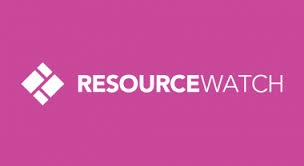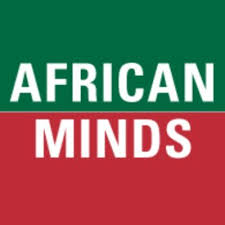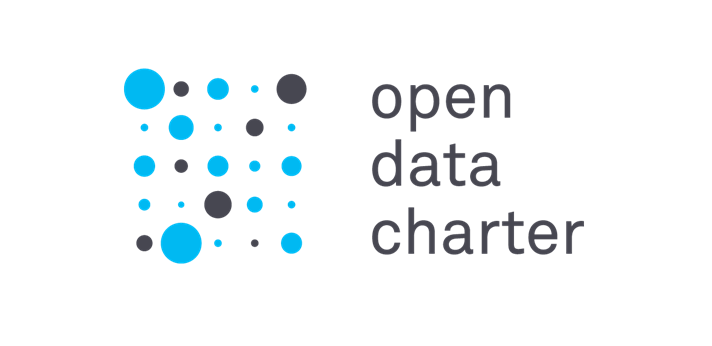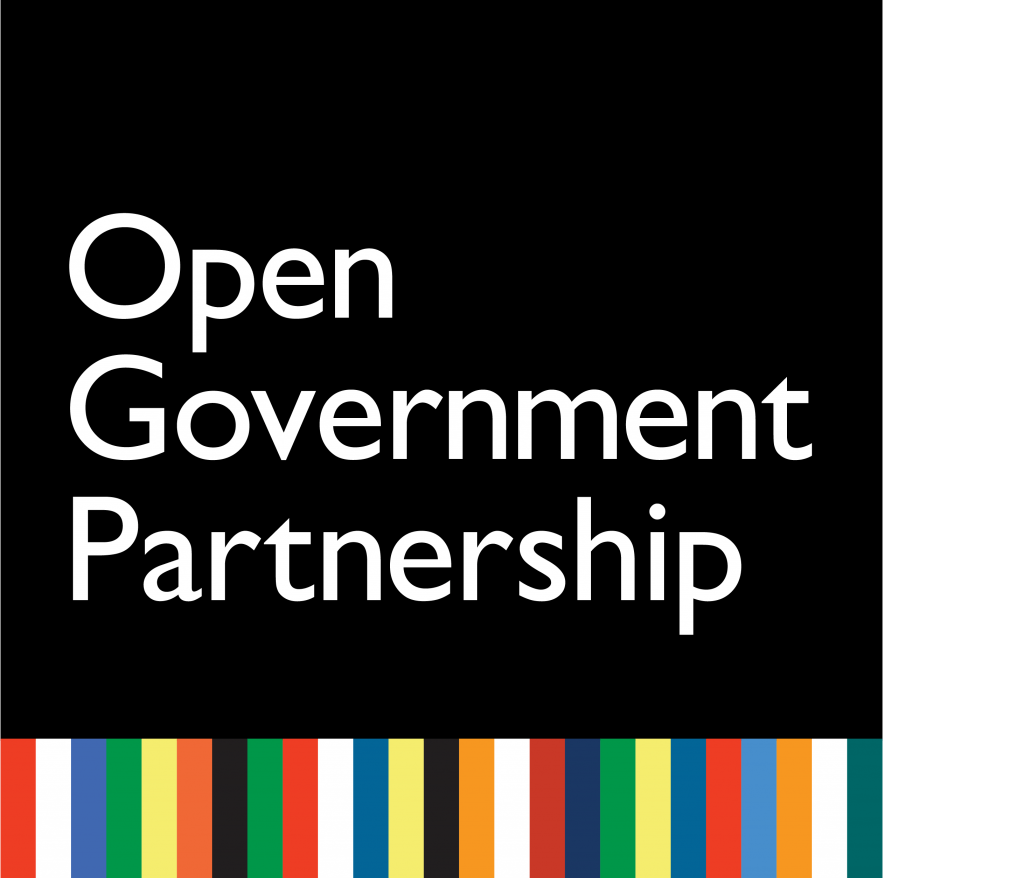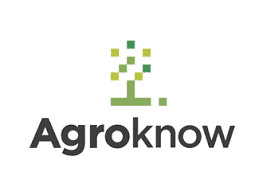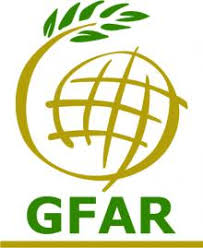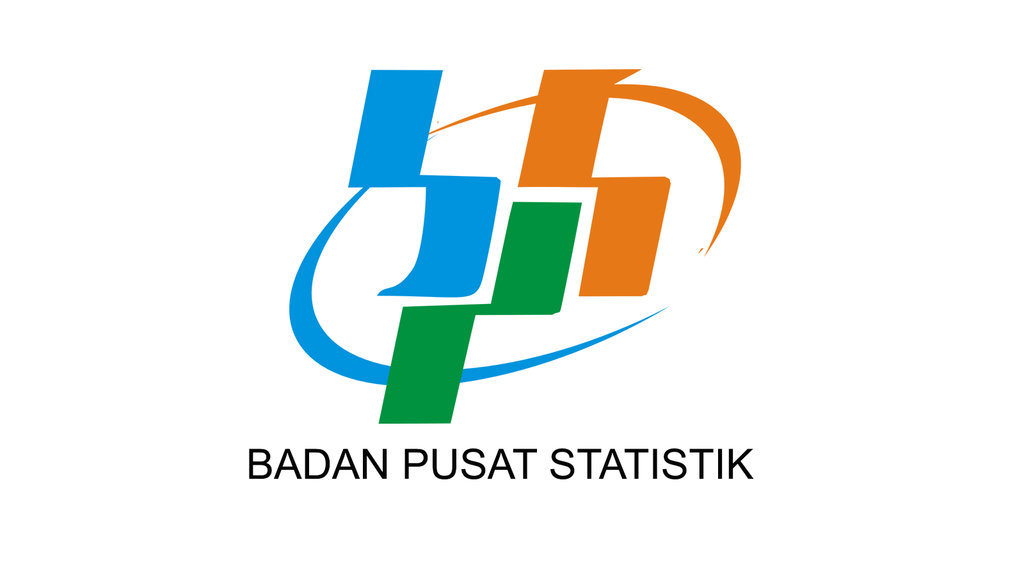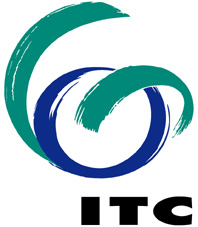Resource Watch
More data are available today than ever before. Yet too often policymakers, business leaders, and analysts cannot access the data they need to make informed decisions about the environment and human well-being.
That’s why WRI and over 30 partners built Resource Watch, a dynamic platform that leverages technology, data, and human networks to bring unprecedented transparency about the planet right now.

